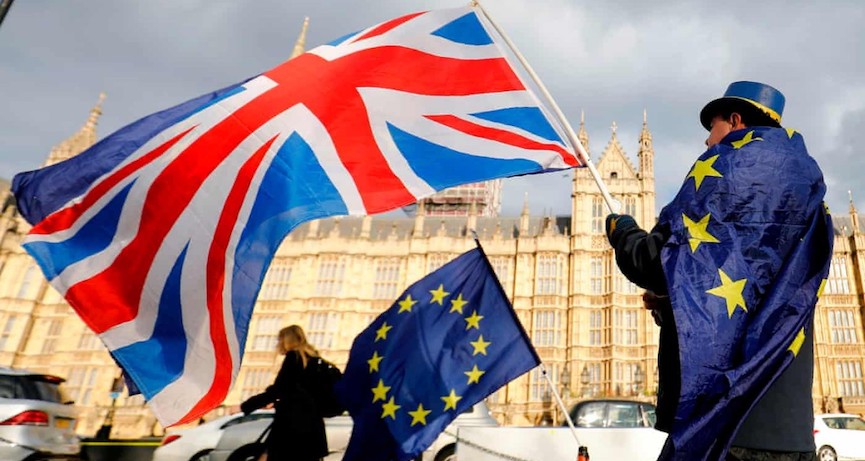Brexit is hard to take your eyes off, and not just in a slo-mo train wreck way. The issues are difficult, and the more you try to position yourself, I find, the spikier they get — like sliding puzzles that taunt you after every clever move you make. Or it’s like a game between two teams neither of which is yours; so you can recline and enjoy the spectacle with no direct stake.
I’ve liked watching the U.K. House of Commons debate. We got ours from them so why is theirs so much fun, while ours is none? Everyone tries to be eloquent and witty, and some succeed.
Their speaker, John Bercow, is clearly having the best time of his life. At the grimmest, tensest moments, they’re still expected to banter. They sit on upholstered benches (ah, so that’s where “backbenchers” comes from), cheek to cheek as it were, without desks or space to hold their papers and laptops. It echoes a distant, largely oral era when Parliament began. It’s a form of Elizabethan theatre.
But I digress, for a reason: I’m still unsure where I stand on Brexit.
That was so in 2016 during the leave/remain referendum. The EU had become a torture device for imposing neo-liberalism and austerity, especially on little guys like Greece, so it has been agreeable seeing smug peckers like Macron discomfited.
But the EU wasn’t always that way; it began with a noble desire to avoid further carnage between European nations. And I’ve never known why leftists like Jeremy Corbyn think they’d be the only ones to capitalize on getting out, when the movement to leave was actually led by reactionary buffoons like Boris Johnson and Jacob Rees-Mogg.
I feel comparably conflicted over whether they should now hold a second referendum or “people’s vote,” as if the first one involved aliens. PM Theresa May says it would betray democracy. I sympathize. It’s also the only area where she and Corbyn may converge.
On the other hand, what’s undemocratic about allowing voters to reconsider, in the light of better info? So one side or the other is going to feel stiffed democratically. Plus, there’s been little movement in the polls, though passions have intensified all around.
What do you do when both sides have a legit democratic beef and some plausible arguments? And they’re almost equally split? How nice it would be to find some ground to move forward on distinct from who’s right and wrong.
I think this was the stunning achievement of Financial Times columnist Simon Kuper this week. He started from somewhere else. He probably belongs to the right-thinking folk who want to remain in the EU so he posited a useful distinction re the Leave side: between “equality leavers” like Corbyn who are fixed on finding space to break free of neoliberalism, and Little England leavers, who are nostalgic for empire and the days when everyone was white. This parallels Trump voters in the U.S. rust belt, who’d seen their worlds shattered by free trade, versus racist Trump voters who want to restore Confederate dollars.
Then Kuper turned to Nelson Mandela for inspiration. Mandela hated apartheid, spent decades in prison for it, and his mission was to destroy it. But he scrupulously treated his enemies with respect because they were human. He let them know he knew they had minds. They weren’t just stupid racists, with the emphasis on stupid. In other words, faced with irresoluble political conflict, find some way that allows winners and losers to coexist, no matter who wins.
Let me gloss Kuper by saying that Mandela, as Trevor Noah likes to note (and mimic) prefaced his strongest statements with, “Ah buh-leev,” which is also a form of respect since it acknowledges that however fiercely you hold your view, you know it’s yours, could be wrong, and others have theirs.
Kuper’s column amounts to a tipsheet on how to do politics in a populist era. I should add that in his real life Kuper is basically a sports journalist, so he doesn’t have to be obnoxiously authoritative as he opinionates on Brexit. It gives him room to meander around and manoeuvre onto previously unoccupied terrains. Good luck to him, he’s my new favourite Brit journo.
This article originally appeared in the Toronto Star.
Image: Tiocfaidh ár lá 1916/Flickr
Help make rabble sustainable. Please consider supporting our work with a monthly donation. Support rabble.ca today for as little as $1 per month!




